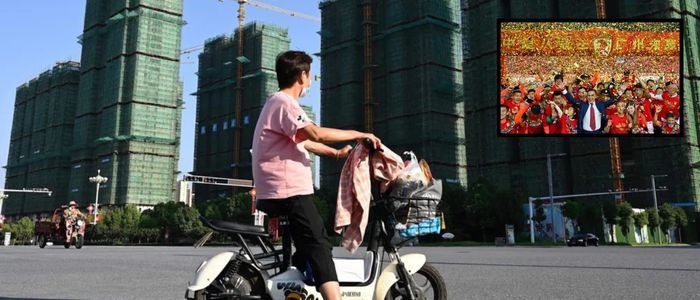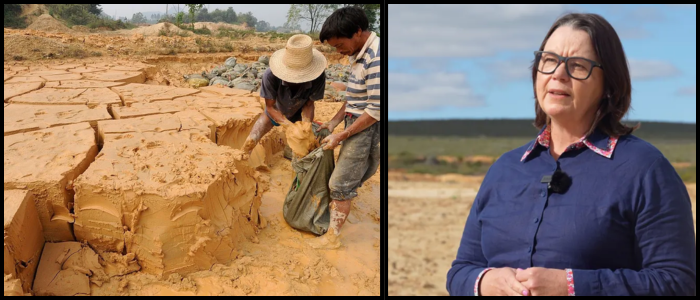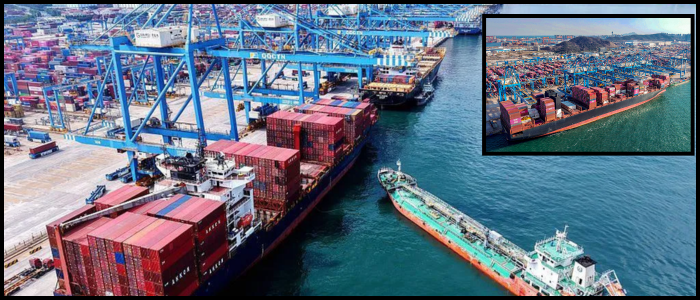Hui Ka Yan, the company’s founder, whose wealth was estimated at $45bn in 2017 and make him Asia’s richest person that year, now has his net worth apparently valued at less than a billion.
In March 2024, he was fined some $6.5m and banned for life from China’s capital markets after Evergrande overstated revenue by $78bn. Liquidators are also scrutinising his personal assets for sale to pay creditors.
At its height, Evergrande was working on some 1,300 development projects across 280 Chinese cities. Its empire extended to electric cars and the ownership of Guangzhou FC, China’s most successful football team until it was kicked out of the league earlier this year over unpaid debts.
How the Collapse Unfolded
Evergrande’s decline started after Beijing in 2020 unveiled new borrowing limits to rein in financial risks in the property sector. The company resorted to steep discounts on homes to keep cash coming in, but it soon fell into default on its overseas debt payments.
In January 2024, following years of unsuccessful talks, the Hong Kong High Court directed the company be liquidated. Its shares were suspended from trading, and more than 99 percent of its value has been erased.
Evergrande owes $45bn in debt, but liquidators have so far only recouped $255m from asset sales. Its restructuring is not possible, experts say, and only how its creditors will be paid is left to be determined. The next liquidation hearing is set for September.
Impact on China’s Economy
The collapse of Evergrande has been a flashpoint for China’s broader property crisis, which has cast a heavy pall over the world’s second-largest economy. Real estate was once responsible for one-third of China’s gross domestic product, and a critical source of revenue for local governments.
The property downturn has led to mass layoffs and big pay cuts across the industry. As housing prices have fallen more than 30 percent, tens of millions of Chinese households have watched the value of their savings shrink, adding to weaker consumer spending.
Beijing has unleashed measures to prop up home buyers, stoke consumption, and prop up industries like electric vehicles, but growth has been slowing, now barely above 5 percent, from well above 10 percent in 2010.
Other big developers are also in trouble. China South City Holdings was recently placed into liquidation, and Country Garden is still in talks over a foreign restructuring that involves more than $14bn of foreign debt, with a court date set for January 2026.
Though the government has been trying, the experts think the property market has not yet hit the bottom. Goldman Sachs forecasts that housing prices will continue to slide until 2027, as other analysts like Alicia Garcia-Herrero warn there is “no real
light at the end of the tunnel”. The government has made it clear that it will not bail out developers terms instead focuses on the country’s high-tech industries, including renewable energy, robotics, and electric cars.
As political risk analyst Dan Wang argues, Evergrande’s delisting is symbolic of something quite profound: the end of an era for China’s former unstoppable property boom.
Business

Evergrande Delisted After Debt-Fueled Collapse

The Chinese property behemoth Evergrande was removed from the Hong Kong exchange on Tuesday, more than 15 years after it landed on the market there. Valued at more than $50bn (£37.1bn) at its peak, and at one point China’s biggest property developer, it fell under an estimated $300bn (£222bn) of debt, making it the world’s most indebted property developer.















